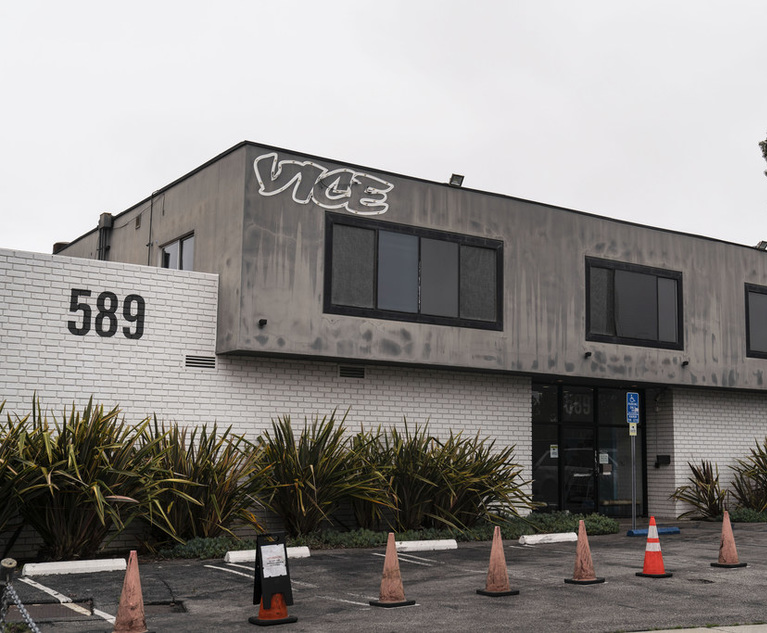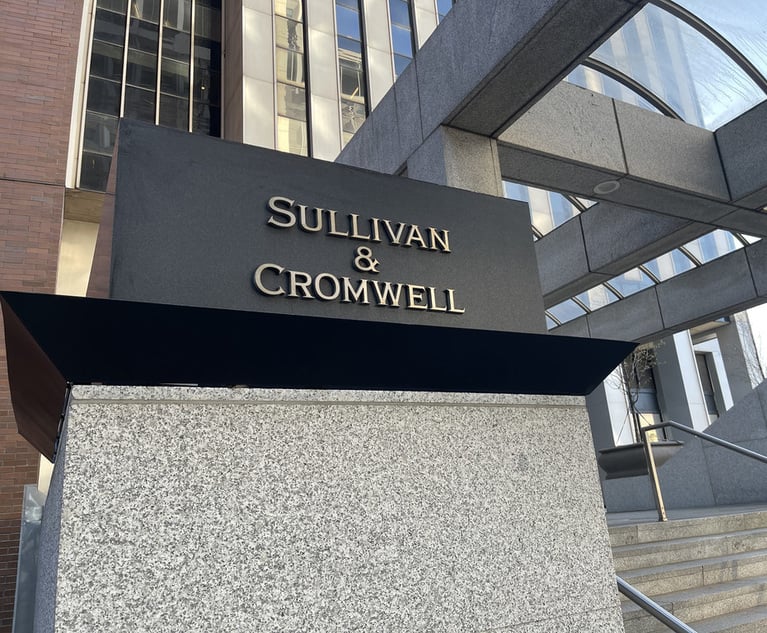The economic impact of the pandemic has been catastrophic. As of the end of August, bankruptcy filings by companies with at least a half-billion dollars in liabilities had surged 120% year-over-year, according to the investment bank Jefferies. For many of these companies, their intellectual property, including patents and trademarks, are significant assets, and counsel for these businesses, as well as counsel for their creditors, licensees and licensors, will need to understand these issues that arise to avoid pitfalls and take full advantage of opportunities to exploit the full value of a company’s IP for the benefit of their clients.
This article focuses on rights with respect to executory contracts—that is, contracts under which the corporation and the counter-party still have material obligations to each other. Under Section 365 of the Bankruptcy Code, the debtor can assume an executory contract and continue to perform its obligations during and after emerging from bankruptcy; assume the contract and assign it to a third party; or reject the contract and pay contract damages. If it assumes or assigns the contract, however, it must convince the bankruptcy court that the license will continue to be performed, which is known as “adequate assurance of future performance.”


 (Photo: Roman Motizov/Shutterstock)
(Photo: Roman Motizov/Shutterstock)







